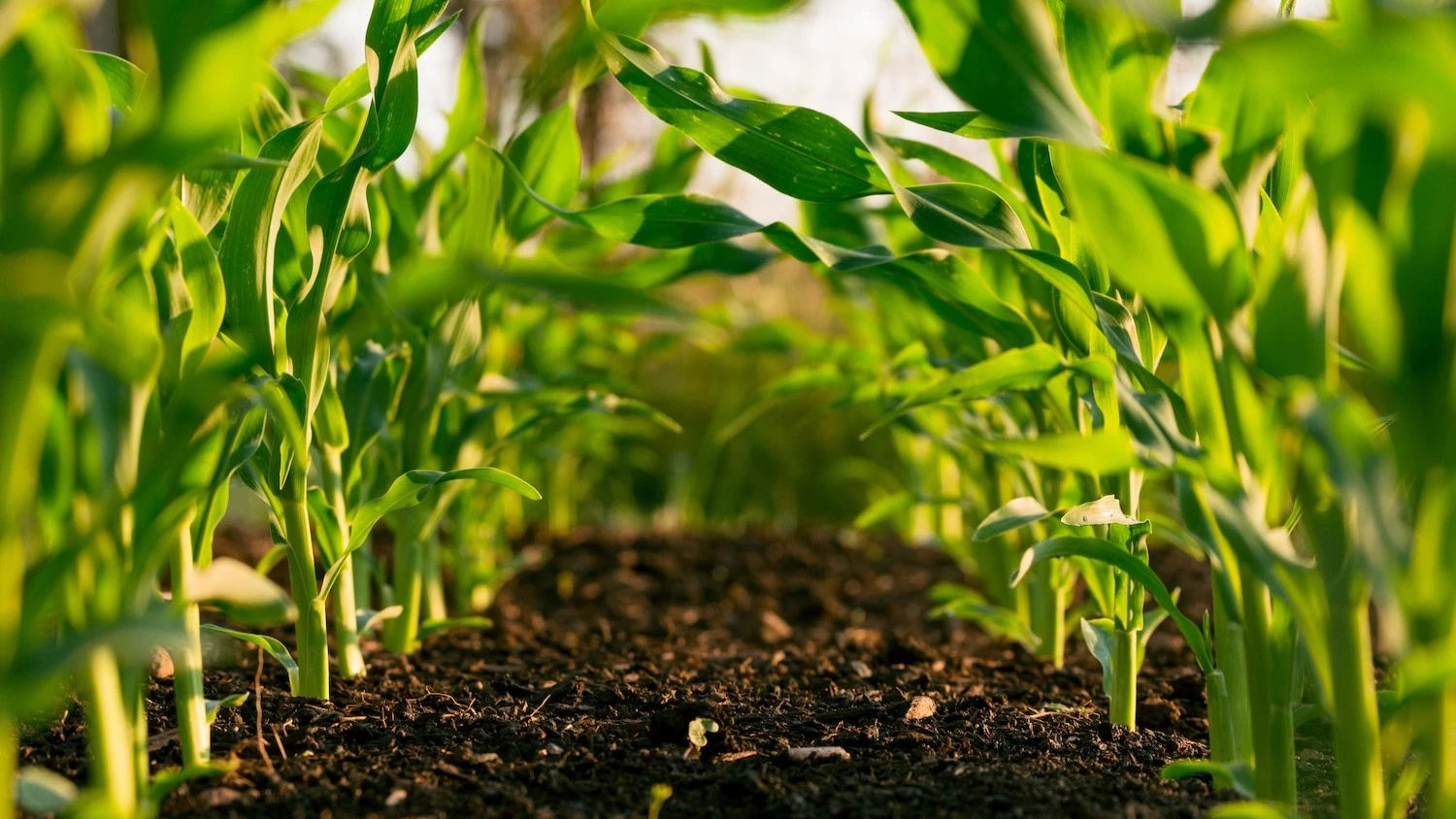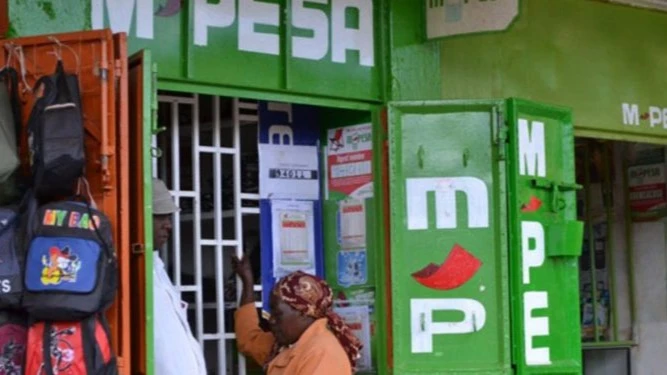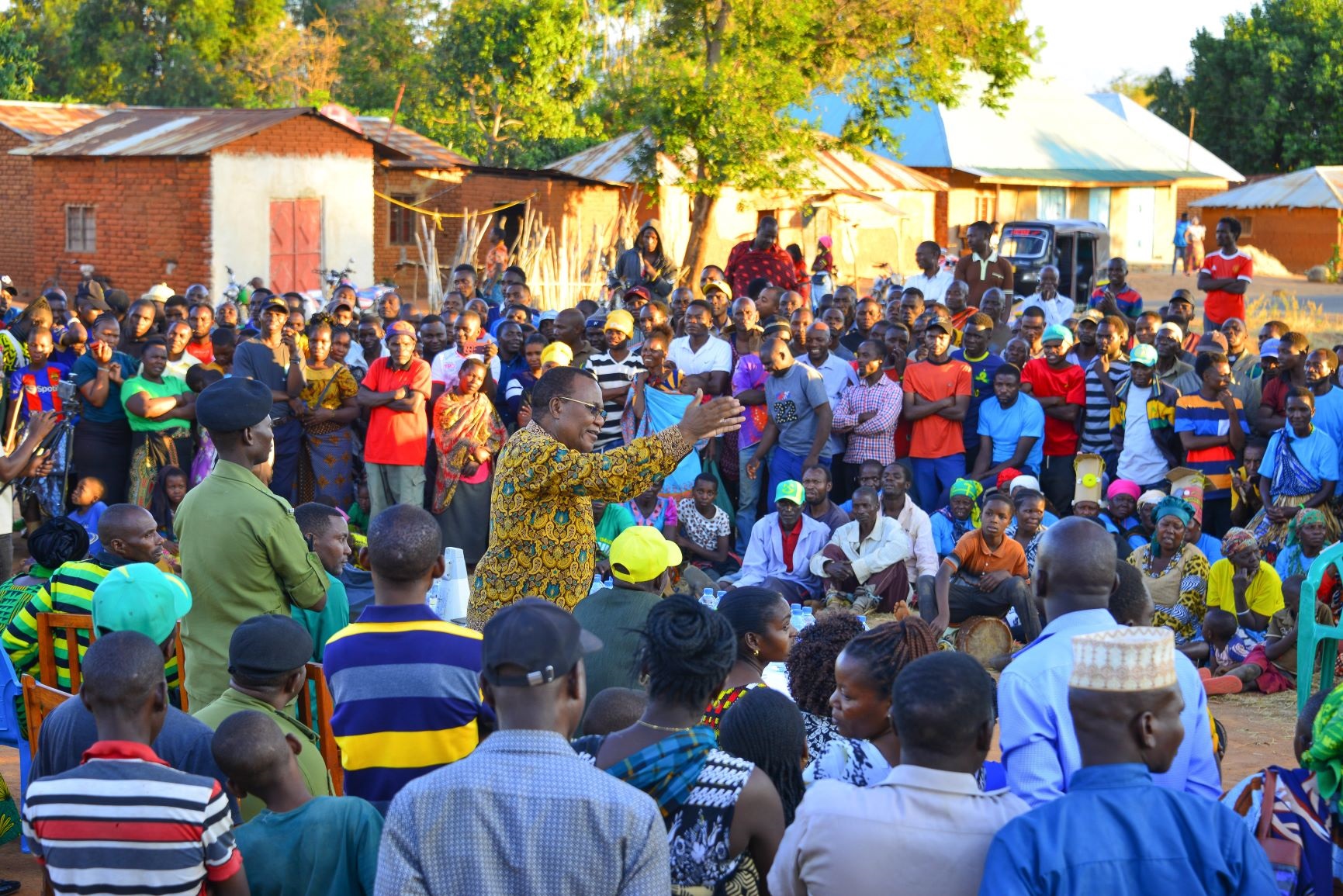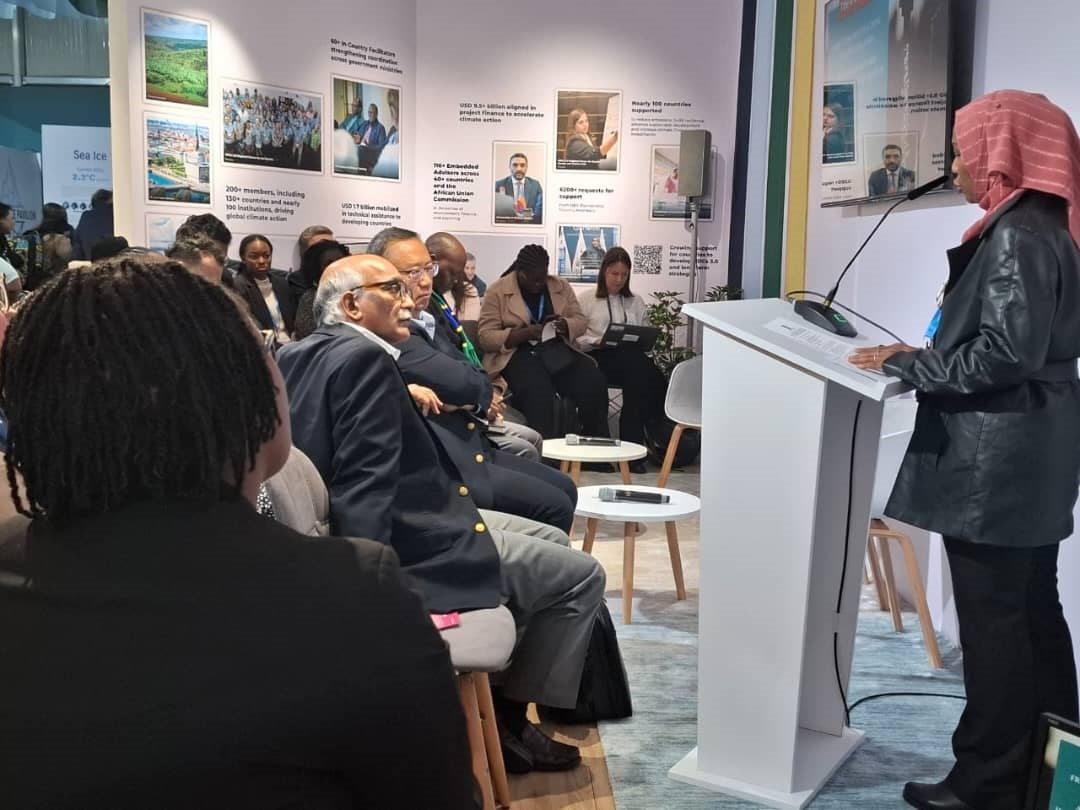African youth pioneering movement for agro-ecological transformation

IN October 2024, the vibrant heart of Addis Ababa became the stage for a pivotal gathering as over 1,300 young Africans united—both in person and virtually—to ignite a movement for transforming the continent’s food systems through agroecology.
Hailing from 47 African nations, these youth made a powerful declaration; they will lead the charge in transforming Africa's broken food systems through agroecology, advocating for a future where food sovereignty is driven by the people and for the people.
Dubbed the "Summit of Solutions," the event sparked meaningful dialogue on how agroecology—an approach that integrates ecological principles into agriculture—can be the driving force to restore Africa’s food sovereignty.
The young leaders unequivocally declared that the current food system is failing both their generation and the continent. However, these words were not merely a cry of frustration; they were a clarion call for action.
Young Africans are prepared to stand at the forefront of the movement for food justice, determined to steer the continent away from industrial, profit-driven agriculture toward a model that sustains both its people and the environment.
At its core, agroecology is about re-envisioning a food system that goes beyond mere production, respecting the environment, protecting biodiversity, and prioritizing the health and cultural heritage of communities.
For African youth, it represents a solution to the multiple crises threatening their future—rising food prices, health deterioration, climate change, and the erosion of indigenous knowledge and cultural values.
Unlike conventional agricultural systems, which focus heavily on chemical inputs and high-yield monocultures, agroecology supports small-scale farmers and champions’ biodiversity, soil health, and climate resilience.
In a continent where 60 percent of the population is under the age of 25 and largely dependent on agriculture, the stakes could not be higher.
The young leaders from the summit see agroecology as the cornerstone of a just food system—one that ensures Africa’s youth are not passive bystanders but active participants in shaping the future.
They outlined a series of commitments aimed at securing Africa’s food sovereignty and building climate-resilient food systems.
Among their pledges is the promotion of agroecological opportunities to address Africa’s most pressing challenges—food insecurity, the climate crisis, and biodiversity loss.
The youth also committed to strengthening their networks and amplifying agroecological innovation, harnessing the energy of young people across the continent.
Through these networks, they aim to advocate for healthy, nutritious diets, push for social justice, and defend Africa’s dignity against the exploitative forces of profit-driven agriculture.
Central to their mission is the belief that agroecology must be embedded within Africa’s political and economic frameworks.
They strongly advocated for agroecology's inclusion in the Comprehensive Africa Agriculture Development Programme (CAADP) Kampala Declaration, a framework for Africa’s agricultural growth.
Their demand is clear: agroecology must be central to the declaration, enhancing biodiversity, improving nutrition, and creating resilient food systems that serve all Africans, not just a privileged few.
Africa’s youth are not only demanding change but are also preparing to lead it, with their declaration highlighting the need for equitable access to land, water, and resources to drive agroecological innovation.
They stress the importance of digital inclusion to empower young farmers and entrepreneurs with the skills and technologies necessary for sustainable development.
Recognizing that women and marginalized groups have historically been sidelined in agricultural policy, the youth summit strongly called for gender-conscious mainstreaming in agroecological practices.
Empowering women and youth in all aspects of sustainable food systems is critical to achieving gender equality and economic justice in Africa.
The African youth understand the importance of intergenerational learning and, as custodians of indigenous knowledge and traditional ecological practices, are committed to preserving the wisdom of Africa’s elders.
This intergenerational exchange is vital for safeguarding Africa’s food systems, as it strengthens the role of cultural heritage in sustaining agroecological practices.
The youth demand that governments prioritize agroecology, invest in small-scale farmers, and ensure fair land rights, especially for women, indigenous communities, and marginalized groups.
These land rights are essential for ensuring that young people have the resources they need to build a future where food sovereignty is secure.
Moreover, the youth demand political inclusion, urging policymakers to actively engage with them and involve them in the decision-making processes that shape Africa’s agricultural and environmental future.
David Manonge, a seed expert from the Tanzania Alliance for Biodiversity (TABIO), who also participated in this youth summit, asserts that by empowering young researchers and entrepreneurs, Africa can unlock the full potential of agroecological solutions and bolster local markets.
“Empowering young minds is essential for fostering innovation in agroecology,” Manonge explains. “Supporting their ideas and initiatives, we can create a vibrant agricultural landscape that prioritizes sustainability and meets the needs of local communities.”
His insights underline the critical role that youth play in shaping a food system that is not only equitable but also deeply rooted in Africa’s rich agricultural heritage.
While the summit’s focus was on Africa, the youth also recognized the global dimensions of their struggle; they called for international solidarity in fighting the corporate takeover of Africa’s food systems, rejecting the introduction of inappropriate technologies that prioritize profit over people.
In their vision, Africa’s future is built on sustainable, local, and culturally appropriate food systems, free from the grip of multinational corporations.
As climate change continues to wreak havoc across the continent, agroecology offers a path to resilience.
In promoting farmer-managed seed systems and defending the rights of smallholder farmers, youth see agroecology not only as a strategy for food security but also as a powerful tool for climate adaptation and mitigation.
The youth declaration from Addis Ababa marks the beginning of a long and arduous journey toward transforming Africa’s food systems.
The African youth are ready for the challenge, equipped with the vision, energy, and commitment to build a future where food sovereignty is rooted in justice, sustainability, and respect for Africa’s rich cultural heritage.
Their message to governments, businesses, and global leaders is clear: "The time to act is now," as the future of Africa’s food systems hinges on bold, decisive action from all stakeholders.
The African youth are leading the way, and they are calling on the world to join them in building a future that is not only resilient and just but also deeply aligned with the values and needs of the African people.
Africa's youth have declared their mission to advocate for agroecology and lead the continent toward a transformative food system that ensures food sovereignty, climate resilience, and a future free from hunger, believing that their leadership can enable Africa's food systems to effectively rise to meet the challenges of tomorrow.
The call has been made, and it resonates with urgency and determination across the continent, urging governments, businesses, and individuals to join the movement for agroecology and sustainable food systems.
As Africa's youth take the lead in advocating for food sovereignty and climate resilience, the question remains; who will answer this vital call?
Will policymakers heed their demands for inclusive practices and equitable resource access, or will they continue to prioritize short-term gains over long-term sustainability?
The future of Africa’s food systems depends not only on the actions of its youth but also on the willingness of all stakeholders to collaborate and embrace the transformative potential of agroecology.
It is a pivotal moment that demands decisive action, and the answer to this call could determine the trajectory of the continent's agricultural landscape for generations to come.
Top Headlines
© 2024 IPPMEDIA.COM. ALL RIGHTS RESERVED
























